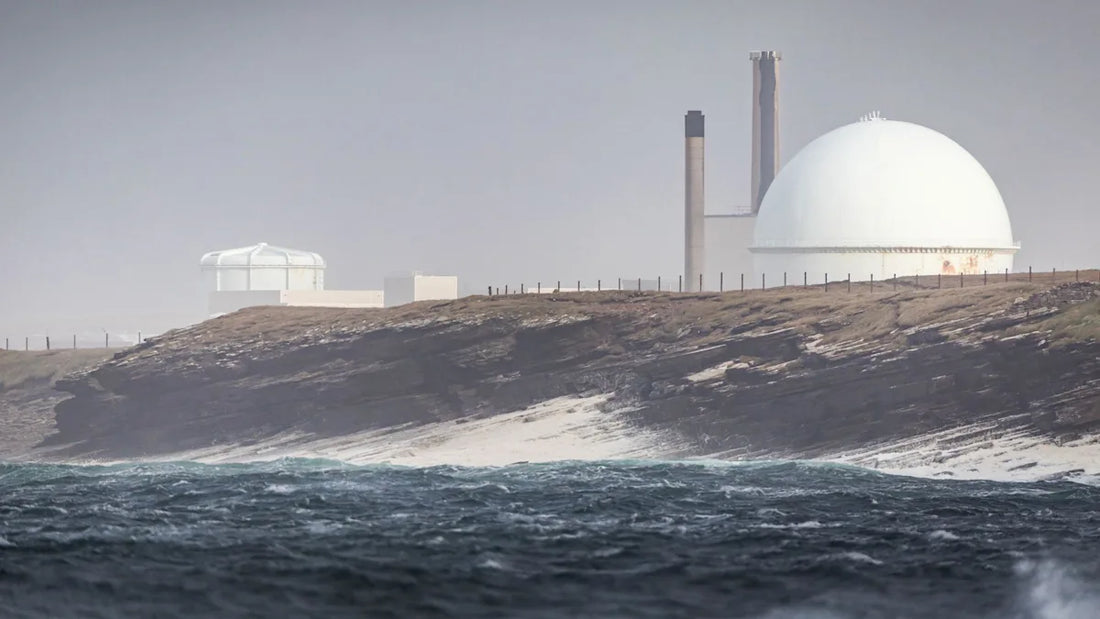Trump's $80B Nuclear Reactor Plan Fuels AI Ambitions
Kenji TanakaUS invests $80B in nuclear reactors to power AI, aiming to boost tech leadership and compete with China.

The U. S. government has committed $80 billion to construct large-scale nuclear reactors, signaling a major push to meet the escalating electricity demands of artificial intelligence. This strategic alliance with Westinghouse Electric Co., Brookfield Asset Management, and Cameco Corp.
aims to fulfill President Trump's AI objectives and bolster an industry he views as crucial for competing with China. The initiative is projected to generate tens of thousands of jobs nationwide.
Highlights
- US invests $80B in nuclear reactors to power AI.
- Westinghouse Electric Co. leads the project.
- Aims to boost AI and compete with China.
Read More: Xbox to be like Office: Everywhere, says Nadella
Top 5 Key Insights
• AI Drives Nuclear Investment: The exponential growth of AI and data centers necessitates a significant increase in power generation, positioning nuclear energy as a viable solution.
• Job Creation and Economic Impact: The construction and operation of these nuclear reactors are expected to create numerous jobs in manufacturing, engineering, and construction sectors across multiple states. This will significantly boost the economy.
• Strategic Competition with China: Trump's administration views the expansion of nuclear energy as a strategic imperative to maintain technological supremacy and compete effectively with China in the AI domain.
• Diversification of Energy Sources: The initiative aims to diversify the U. S. energy portfolio, reducing reliance on fossil fuels and ensuring a stable and secure power supply for critical infrastructure.
• Public-Private Partnership: The collaboration between the government and private sector entities like Westinghouse, Brookfield, and Cameco demonstrates a concerted effort to leverage resources and expertise for national objectives.
Read More: Jessica Alba's Net Worth: Acting, Business & Real Estate
Expert Insights
Secretary of the Interior Doug Burgum: "We've got enough electricity to win the AI arms race with China. What we do in the next five years related to electricity is going to determine the next 50 because it's the first time in history where electricity can be translated into intelligence".
Read More: Chegg Cuts Staff, CEO Replaced Amid AI Disruption
Wrap Up
This substantial investment in nuclear infrastructure underscores the intertwined nature of energy policy, technological advancement, and geopolitical strategy. By prioritizing nuclear energy, the U.S. aims to secure its position in the AI landscape, drive economic growth, and enhance national security.
The success of this initiative will depend on efficient project execution, regulatory support, and continued collaboration between public and private stakeholders.
Read More: AI Search Engines Favor Less Popular Sources: Study
Author
Kenji Tanaka - A technology futurist and digital strategist based in Tokyo, specializing in emerging tech trends and their impact. He explains complex innovations and the future of digital skills for Enlightnr readers.
More to Explore
- Choosing a selection results in a full page refresh.
- Opens in a new window.




